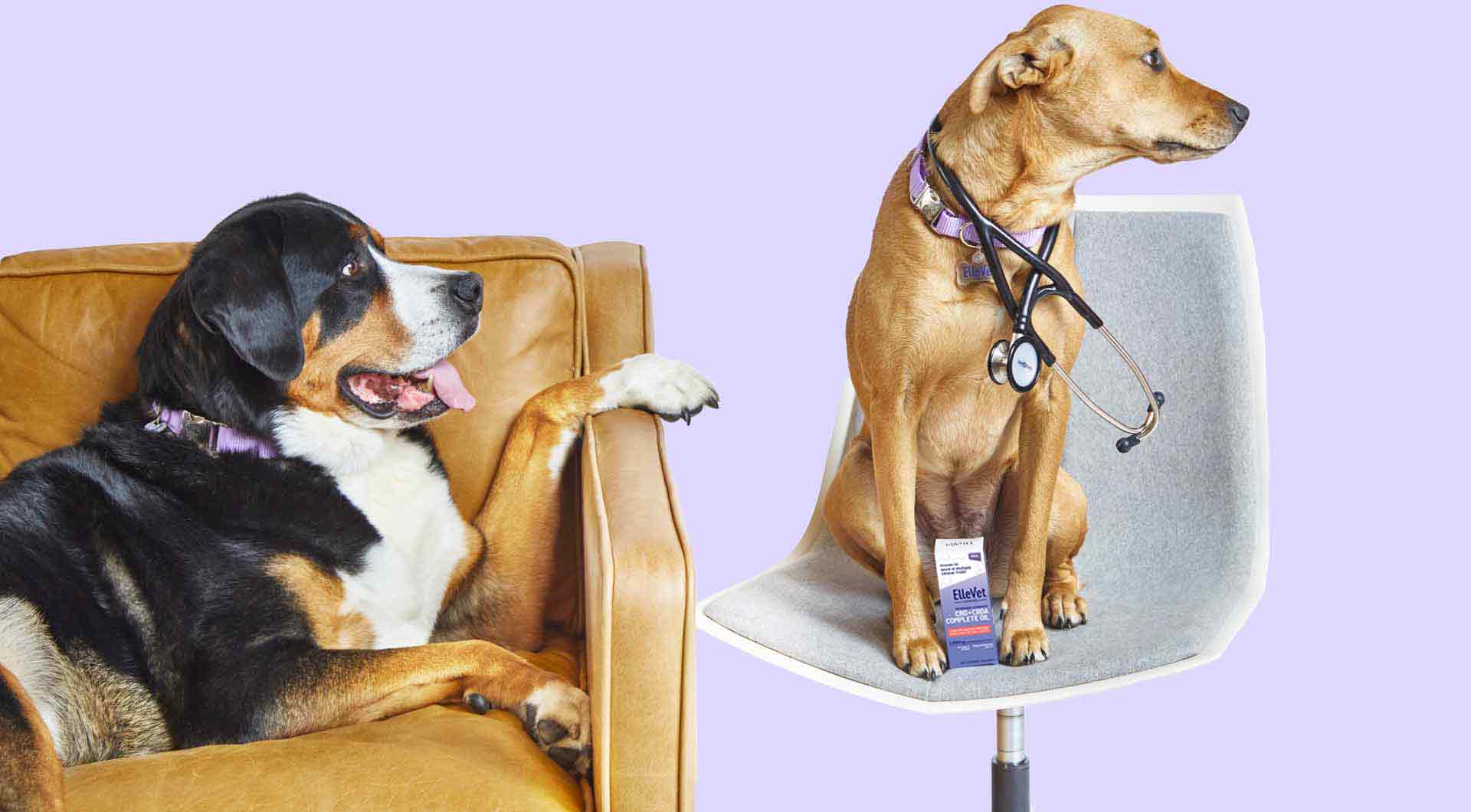As more pet owners explore alternative therapies for their furry companions, the popularity of CBD treats for dogs has surged. Cannabidiol, or CBD, is a compound derived from the cannabis plant known for its potential therapeutic benefits. While many people have embraced CBD for themselves, questions arise about its safety and effectiveness when it comes to our four-legged friends. Here’s what every pet parent should understand about the use of cbd treats for dogs.
Firstly, it’s crucial to acknowledge that CBD is not psychoactive, unlike its counterpart THC. THC is the compound responsible for the “high” associated with marijuana, but CBD lacks these mind-altering effects. In cbd treats for dogs, the CBD is typically sourced from hemp, a variety of cannabis with negligible THC levels, ensuring a safe and non-intoxicating experience for pets.
Research on the effects of CBD on dogs is still in its early stages, but initial studies suggest that it may have potential therapeutic benefits. CBD interacts with the endocannabinoid system, a complex network of receptors in the body that helps regulate various physiological processes. This system exists in both humans and dogs, and CBD is thought to influence it, potentially offering relief from conditions like anxiety, pain, and inflammation.

Despite the promising potential, it’s essential for pet owners to exercise caution. Not all dogs react the same way to CBD, and factors such as breed, size, and individual health conditions can influence its effects. Before introducing CBD treats into your pet’s routine, consult with a veterinarian who can provide guidance based on your dog’s specific needs and health status.
Quality is another critical factor to consider when choosing CBD treats for your dog. The market is flooded with various products, and not all are created equal. Look for treats that are specifically formulated for dogs, ensuring they do not contain harmful additives or excessive THC levels. Opt for products that undergo third-party testing, providing transparency regarding the purity and potency of the CBD.
Start with a low dosage and monitor your dog’s response closely. Like any supplement, individual reactions can vary, and it’s crucial to observe for any adverse effects. Common side effects may include lethargy, dry mouth, or changes in appetite. If you notice any concerning symptoms, discontinue use and consult your veterinarian.
CBD treats should never replace traditional veterinary care. While they may offer support for certain conditions, they are not a cure-all, and professional guidance remains crucial for your pet’s overall health. If your dog is taking medications, consult with your vet to ensure there are no potential interactions between the medications and CBD.

